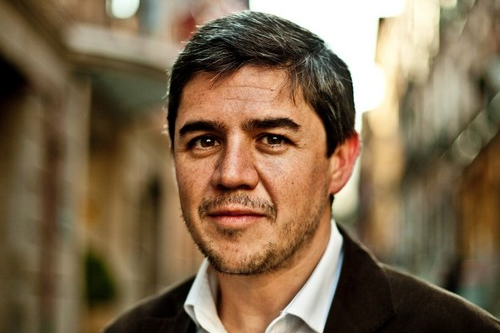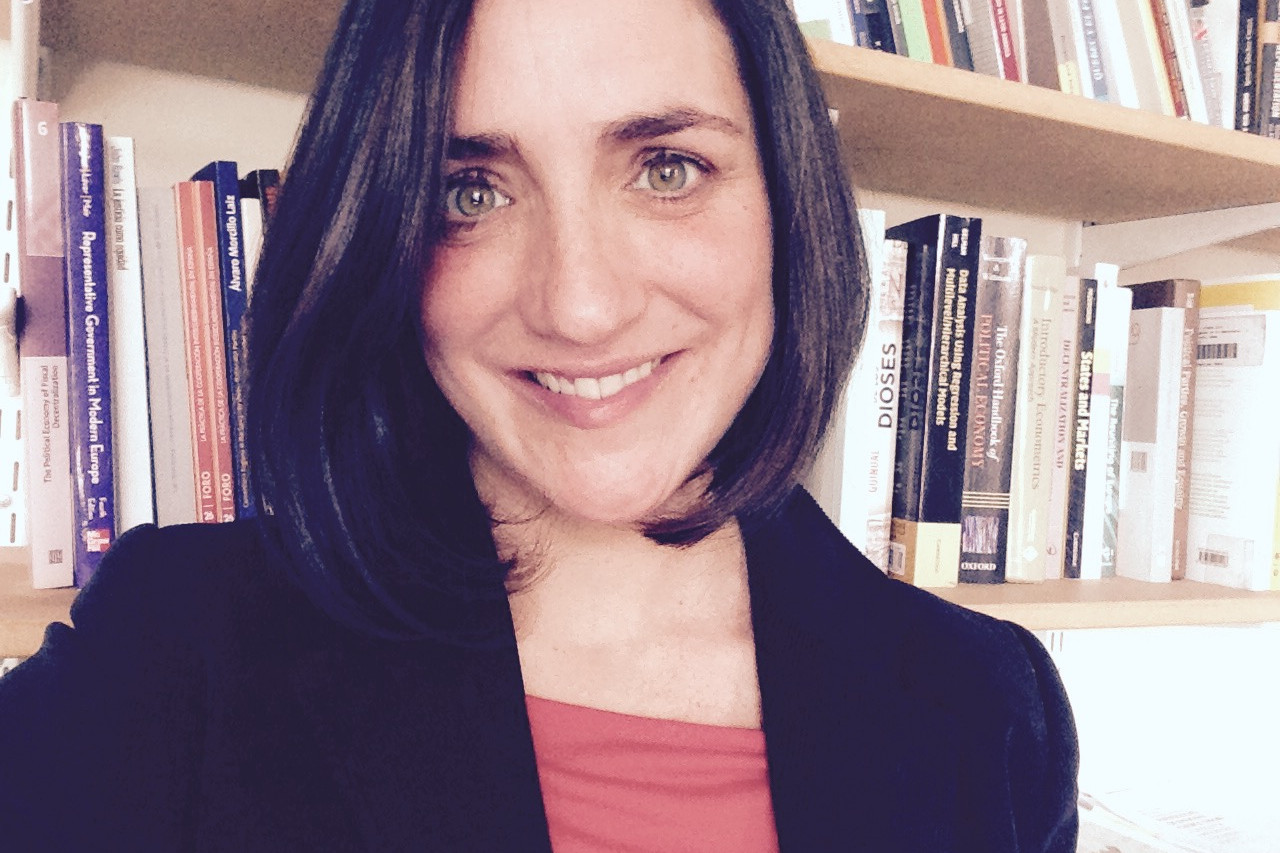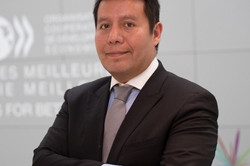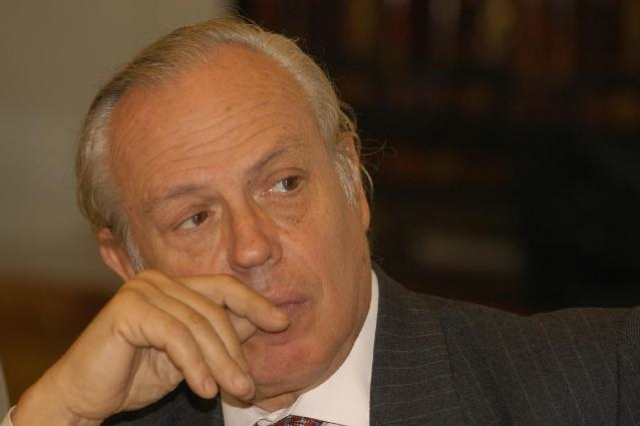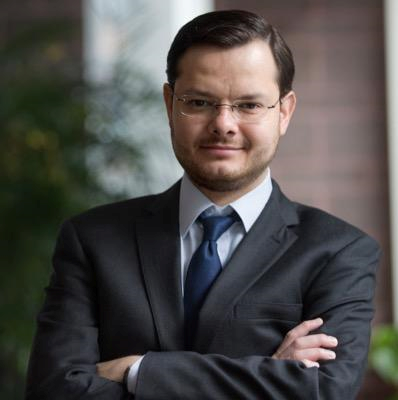
The debate on inequality promises to dominate this year's political discussion. In Washington, President Obama made the issue the centrepiece of his State of the Union address. In Davos, political and business leaders at the World Economic Forum discussed the challenges of the growing disparity of income in developed countries. And in Havana, Latin American presidents stressed their commitment to fight this scourge during the CELAC summit.
The issue is of particular relevance in Latin America, being the region with the greatest inequality in the world. Paradoxically, since 2000 the income gap, as measured by the GINI coefficient, has been declining in all Latin American countries except Costa Rica, Guatemala and the Dominican Republic. Still, the significant differences that still exist between rich and poor are a constant source of social and political friction.
For the champions of economic liberalism, the debate on inequality in Latin America presents a serious academic and political challenge: our emphasis has always been on the fight against poverty, the not the fight for materially egalitarian societies. As long as people get out of poverty and prosper, we should not care if others increase their fortunes. Indeed, we find the very concept of "distribution of wealth" problematic since it implied that this is a constant, that simply we must distribute rather than create. History is full of examples of nations that chose to distribute wealth and that ended up ruining themselves.
Inflation is the most regressive tax there is
However, the Liberals cannot ignore the causes of persistent inequality in the region. Friedrich Hayek, one of the great liberal thinkers of the twentieth century, argued that as long as the rules are fair, the result would be fair. This leads to the fact that in Latin America, the economic system since colonial times has been characterized as mercantilist. That is, the State chooses the winners and losers.
For example, one of the most regressive policies was the way that, during many years, Latin American governments turned to their central banks as an easy source of funding, stoking high inflation. According to Steve Hanke of Johns Hopkins University, in the last four decades, seven hyperinflationary episodes have occurred in the region. Inflation is the most regressive tax because it punishes the poor more than any other sector of people. Unlike the upper and middle classes, which can be protected more effectively through the possession of assets or changing the currency of their savings, the poor have no significant assets or savings. Fortunately, reforms in the past 15 years have brought monetary stability to Latin America (with the known exception of Argentina and Venezuela): the median of inflation in 2013 was only 3.9%.
Protectionism and high entry barriers to competition in various markets have been another tool of privilege. Despite the liberalisation of the past two decades, the absence of competition persists in many agricultural and industrial sectors. Usually the purpose of these obstacles is the protection of vast corporate empires at the expense of consumers. Many large fortunes can be traced to Latin American businesspeople that have been the most successful in reaping the benefits of political connections that offer products and quality services at a favourable price.
47.7% are working in the black economy
Nevertheless, it is in regulatory policy where we find the biggest obstacles for the lower income sectors to go forward. In 1986, Hernando de Soto drew attention to the problem in his book The Other Path. In it, he documented the enormous bureaucratic costs faced by the masses of Peru to start a business. The rich and, to some extent, the middle class can hire lawyers and accountants to overcome such regulatory ordeals, but the poor have no choice but to swell the informal economy.
The Doing Business World Bank has revealed the extent of the problem; ours is consistently the region that puts more obstacles to people who want to start a business. Eleven Latin American countries are below the 100th place in the ranking that brings together 189 economies. Only three, Chile, Peru and Colombia, are in the top 50 positions. This reality contrasts with the places developed nations hold in that index, such as New Zealand (3rd), Sweden (14th) and Canada (19th). Not surprisingly, my colleague Johan Norbeg noted that in developed countries, if you want to get rich, get a business, while in Latin America have to be rich to get one.
According to a study published last year by the International Labour Organisation (ILO), 47.7% of Latin Americans who work in non-agricultural activities work in the parallel economy. Informality severely limits development prospects by imposing a kind of legal and economic apartheid to people who are in it. Therefore, the ability of the region to significantly reduce the income gap will face serious difficulties to both: nearly one out of two Latin American is employed in the informal sector.
As we see in Latin America, inequality is largely an unjust result because the rules of the game have never been fair. The solution is not to further enlarge mammoth national bureaucracies; but to cut multiple state distortions in the economy that hurt the poor people. In that, the Liberals have much to contribute to the discussion.
#Juan Carlos Hidalgo. i a columnist for The Nation of Costa Rica. He also writes for the Americas edition of El Pais in Spain and frequently presents discussions in Spanish on international networks such as CNN, NTN24, Al Jazeera, among others. He is a member of the Mont Pelerin Society.



